One of those activities is forever etched in my mind because I learned it from Chris Ortiz (a High 5er some days back), it’s easy to remember (catchy name), and I can use it as a fun no-prop opener or program energizer with about 12 to 40 players – Clap, Jump, Spin, Run (I’ve also seen it as Jump, Clap, Spin, Run.) NOTE: I like starting with a Clap since it’s a nice auditory way to start the chain reactions. Here’s a quick description from Chris (from his 2015 handout 2015):
Jump back (pun intended) to over 25 years ago, somewhere in Massachusetts at a Project Adventure workshop I learned Twizzle. After my recent re-learning of Clap, Jump, Spin, Run I also started re-using Twizzle. It’s the same general idea, moving around within a circle formation, but in Twizzle everyone is in play at the same time….until they're not!
In the classic pre-21st century adventure game style, a player can be called ‘out’ of Twizzle to become a ‘referee’ Whose job is to oust others who break the freeze rule. (For inclusion purposes, I’ve added a way to get back into 21st Century Twizzling.)
If you have Rohnke and Butler’s book Quicksilver you can find Twizzle on pages 135 and 136. They credit the fun to Tom Fuchs – thanks, Tom!! Here is my abbreviated version of the directions – basically, how I'm Twizzling again:
Circle up (12 to 40) participants – face them clockwise NOT holding hands. (This circle of people will be moving in a clockwise direction from time to time, looking at the back of the person in front of them.)
Teach and practice the following Action Terminology – as participants learn the Actions, mix in the old with the new during practice:
- “GO – Walk in the direction you are facing.” [Practice for 20 seconds.]
- “STOP – Stop moving and FREEZE.” [Practice] Let players know that ANY movement after the stop and freeze, is NOT freezing.
- “TURN – Make a half turn, 180 degrees, and FREEZE.” [Practice] Again, any movement after the freeze is not freezing.
- “JUMP – Jump, making a half turn, 180 degrees, and FREEZE.” [Practice]
- “TWIZZLE – Jump, making a full turn, 360 degrees, and FREEZE.” [Practice]
After a couple of minutes of practice, all players are deemed official ‘Twizzlers’ and are now ready for Competition Twizzle.
Before the game begins, I ask for volunteers to be the first referees – we need one ref for every four players. For example, if there are 12 players there will be three referees, and 20 players will have five refs. I ask all the volunteer referees to step into the middle of the circle. Their job, as with all referees, is to watch for and call fouls. When they call a foul, they get to return to the circle of Twizzlers and the player who fouled becomes a referee in the center of the circle.
The Objective of the Competitive Twizzle Be a part of the Twizzler circle at the end of a three-minute game.
You, the facilitator, will start the time and then call out the Actions. The referees will watch for the following fouls:
- A player does not ‘FREEZE’ after an action is made – other than the ‘GO’ action.
- A player un-freezes before the next Action is called.
- A player does not stop in the correct position of a turn – 180 degrees and 360 degrees. (This means under- or over-rotating.)
When there is a general understanding of play, I like to start with a one-minute practice round to clear up any unknowns. Then, I start the first official three-minute game and play on. Initially, we get in at least two or three games. Then we can Twizzle as an energizer throughout a program day.
Okay. Now that you know how to play. Let me tell you about some of the discussions I’ve been able to open with Twizzle:
- What are your views regarding competition? What are some of the negative aspects of competition? What are some of the positive aspects? How can we be better competitors?
- Describe how you played the game. Were you competitive? Were you focused? How much did you care about your performance? Were you respectful – in what ways? How did you view the referees? Were you respectful to them? In what ways?
- If you were a referee, how did you do at your job? Did you like the job? Explain. Were you respectful? In what ways? If a referee overlooked a foul and did not call the foul, why do you think this happened? What are some ‘fouls’ you see in your everyday lives? What fouls do you ‘call’ and which ones do you not call? Why does this happen for you? What will it take from us to call the fouls we see? Why will this be important to our future?
The ’foul’ conversations have been the most impactful for my groups. We all know we need to call more fouls, but it’s not an easy task. What we discover is that together we can support each other, call the fouls, and make changes that help our communities and us. Twizzling Again can get us thinking and get us doing!
Keep me posted!
Chris Cavert, Ed.D.

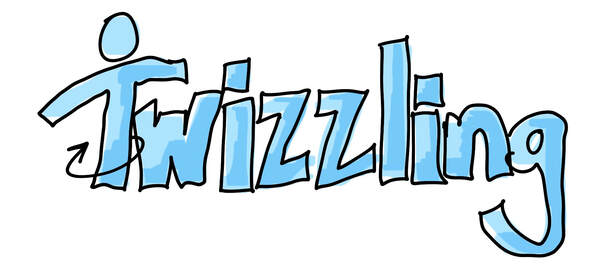
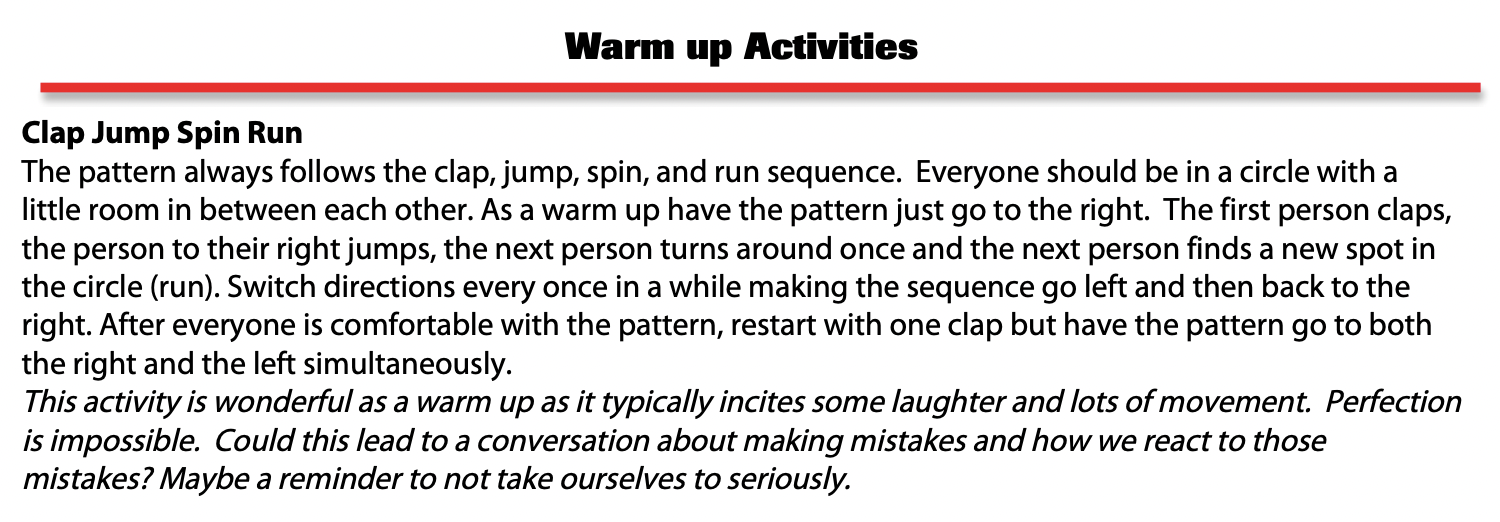
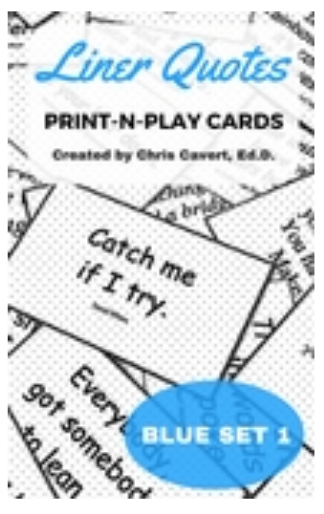
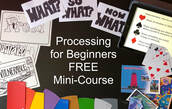
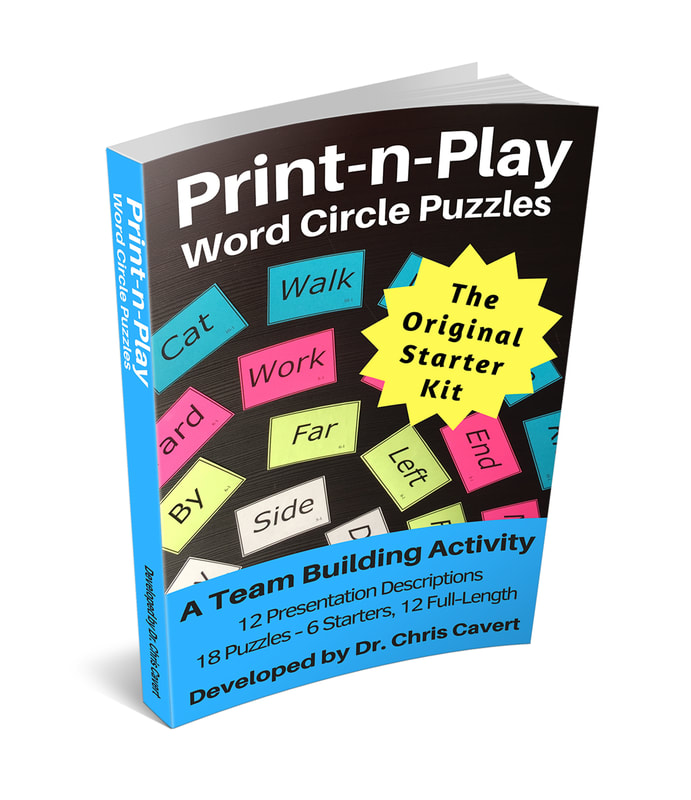
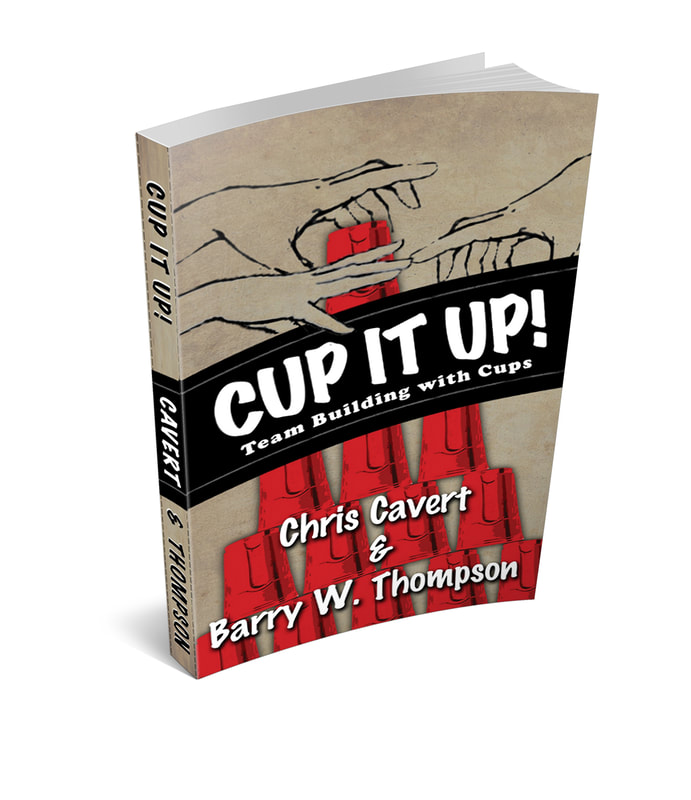
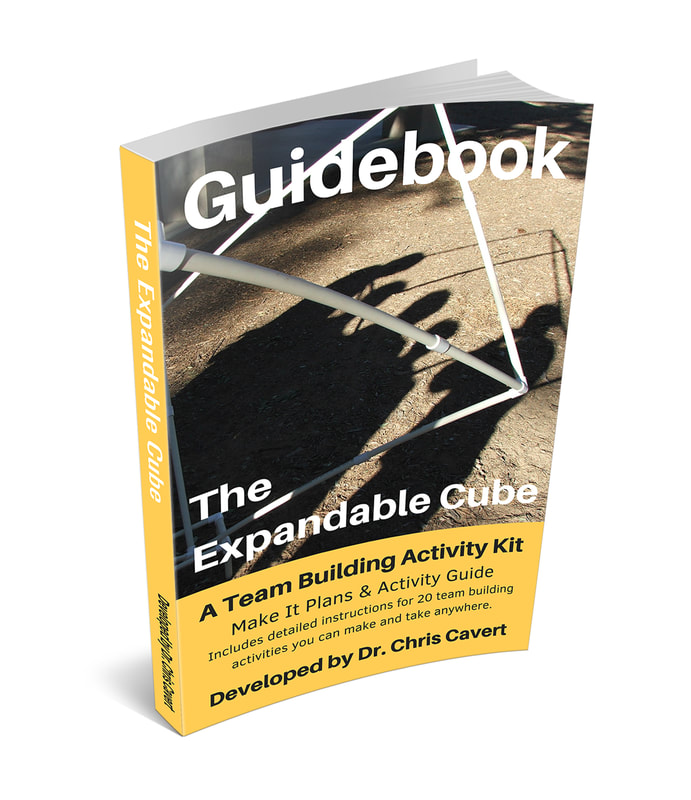
 RSS Feed
RSS Feed